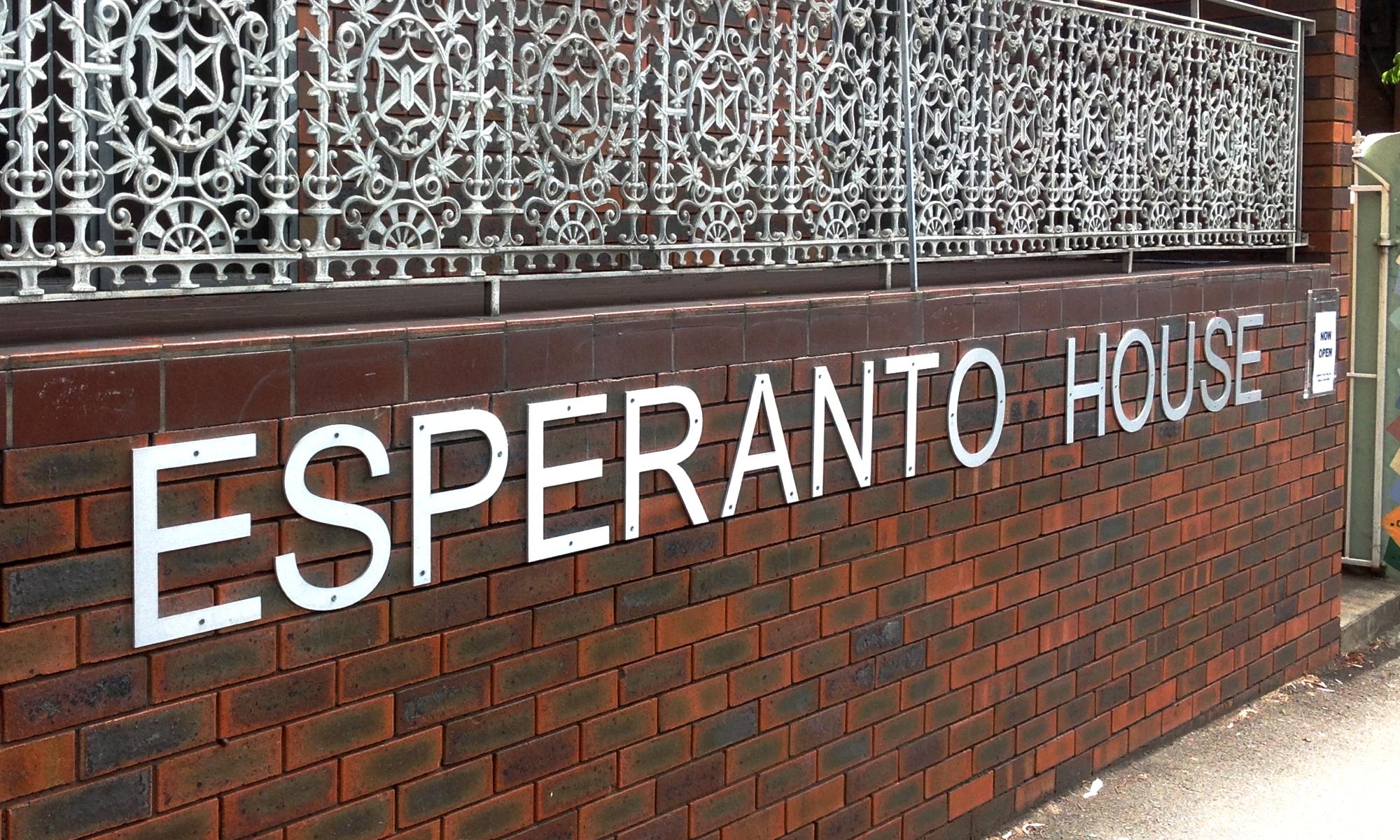Culture is a defining feature of our identity. It contributes to how we see ourselves and the groups with which we identify.
If you think about all the ways that a group of people live, and how those ways are passed on from one generation to the next, that is culture. When a group of people share a culture, it bonds the members of the group together and creates a sense of belonging.
Some of the aspects of culture are: food, clothing, music, celebrations, religion, histories and language.
Language is intrinsic to how culture is expressed. If we want to preserve cultural heritage and identity, maintaining the languages of the various ethnic and cultural groups is essential. The loss of language means the loss of culture and identity. Unfortunately, many of the world’s languages have already been lost with the processes of colonisation and migration.
The greatest threat to linguistic diversity is the perceived dominance of a small handful of languages, including English. These widely-spoken languages currently play the largest roles in commerce and communication.
Esperanto, the international language, is a solution that allows all speakers of all languages to co-exist and cooperate on an equal ground. Speakers of Esperanto can experience authentic communication with people from all over the world, without one person imposing any cultural requirement on the other.
However, Esperanto is not designed to replace any language, but to be an easy-to-learn “bridge” language. It can even used to encourage and help people to learn other languages.
The Esperanto Federation of NSW, based at Esperanto House, runs regular events that present and promote cultural and linguistic diversity.
Past events have showcased:
• Russian
• Japanese
• Dutch
• Greek
• Portuguese
• Croatian
Future events will include:
• Polish
• Korean
• German
… and others.
